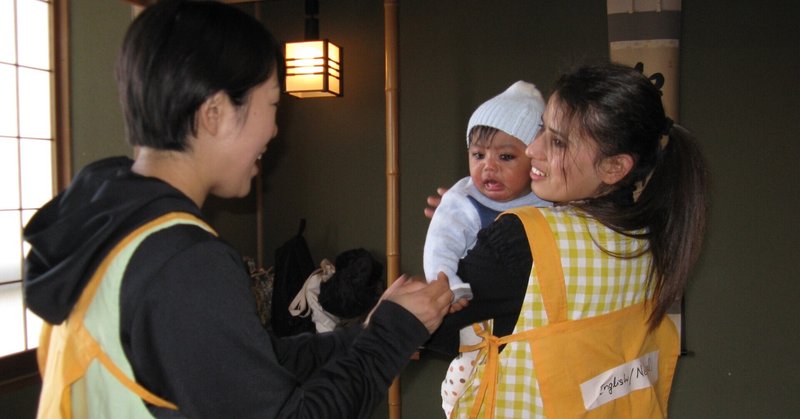
08 A Healthy Life for Everyone
Hakeem, an Iranian migrant who came to Japan for work, ended up being locked up in an Immigration Control Center detention facility for overstaying. Under stress, Hakeem came to feel strong stomach pains and asked for a doctor many times, only to be declined. One day, he experienced excruciating pain in his stomach, and was transferred to a hospital where he was diagnosed as having a serious stomach ulcer. As his pain continued to undermine his health after his discharge from the hospital, Hakeem was temporally released from the detention center. When the medicine he received from the doctor ran out, Hakeem went to a hospital. However, he was not allowed to see a doctor because he did not have health insurance and his Japanese language ability was not good enough.
▶ Lack of health insurance
Like Hakeem, there are migrants – namely, undocumented migrants – living in Japan who do not have access to healthcare. Undocumented migrants are not eligible for health insurance, including the national health insurance, and do not have access to medical insurance even in an emergency (refer to Proposals 15 and 16). Thus, they have to bear all medical expenses (or more than double of that) by themselves. This problem is not limited to undocumented migrants. Even some migrants working as dispatch workers, such as Nikkeijin, also do not have health insurance because their employers fail to complete the necessary procedures. Without health insurance, many of them are afraid to see a doctor even when they feel ill, further deteriorating their health. At free medical consultations organized by civil society groups, there are always undocumented migrants with serious illnesses or those without health insurance.
Although extremely insufficient, undocumented migrants detained in Immigration Detention Centers have access to medical care. However, once they are temporarily released, they are left without any medical care, even though they are still under monitoring by the Immigration Bureau. When detainees get seriously ill during detainment like Hakeem, the Detention Center sometimes just lets them out on temporary release without providing necessary treatment. There are many migrants who are denied medical treatment due to their lack of health insurance.
Hakeem could be transferred to a hospital by ambulance again if his health further deteriorates. Or worse, he might even die. Denying migrants access to the universal health insurance system in Japan and thus access to treatment, could put someone’s health and life in grave danger.
▶ Medical support that leaves no one behind
Until 2002, most migrants who tested positive for the HIV virus who sought care at hospitals were those without proper documents. Since they did not have valid residence statuses, they were not eligible for medical expense subsidies. Fearing the expenses of medical treatment, migrants with HIV had avoided treatment, and many were critically ill by the time they were finally admitted into hospitals. Many migrants with HIV lost their lives in Japan or ended up with huge medical expenses.
Hesitation to see doctors also contributes to the spread of infection. Taking the situation very seriously, since around 2003, efforts have been made to protect the rights of migrants with HIV to seek medical services and to improve their treatment conditions. These initiatives sought ideas to ensure medical interpretation, to disseminate accurate information about the medical system, and to coordinate continuous treatment for migrants returning to their home countries, regardless of their nationality or residence status. People engaged in the provision of medical treatment also shared ideas for ensuring migrants’ access to treatment either in Japan or in their home countries.
With earlier visits to the doctor, treatment for migrants with HIV became effective and medical costs became less expensive. The hospital that was designated as the core facility for HIV/AIDS treatment also received many migrant patients and saved many lives. Those developments also contributed to the reduction of infection among migrants. They were the results of efforts made by activists with a strong conviction to leave no patients with HIV behind, and who promoted earlier tests and treatment, ensured the medical interpretation services necessary for migrants, and established a support system for continuous treatment and livelihood reconstruction involving consultations with hospital and local social workers. Such efforts proved to be effective in saving the lives of many patients, and are necessary for all migrants.
Anyone can become ill or injured. It is necessary to ensure that all migrants living in Japan have access to public health insurance, to ensure medical interpretation services so that migrants can seek medical consultations without facing language barriers, and to develop consultation systems to help migrants continue treatment and rebuild their lives. This is what contributes to building a society that leaves no one behind.
この記事が気に入ったらサポートをしてみませんか?
